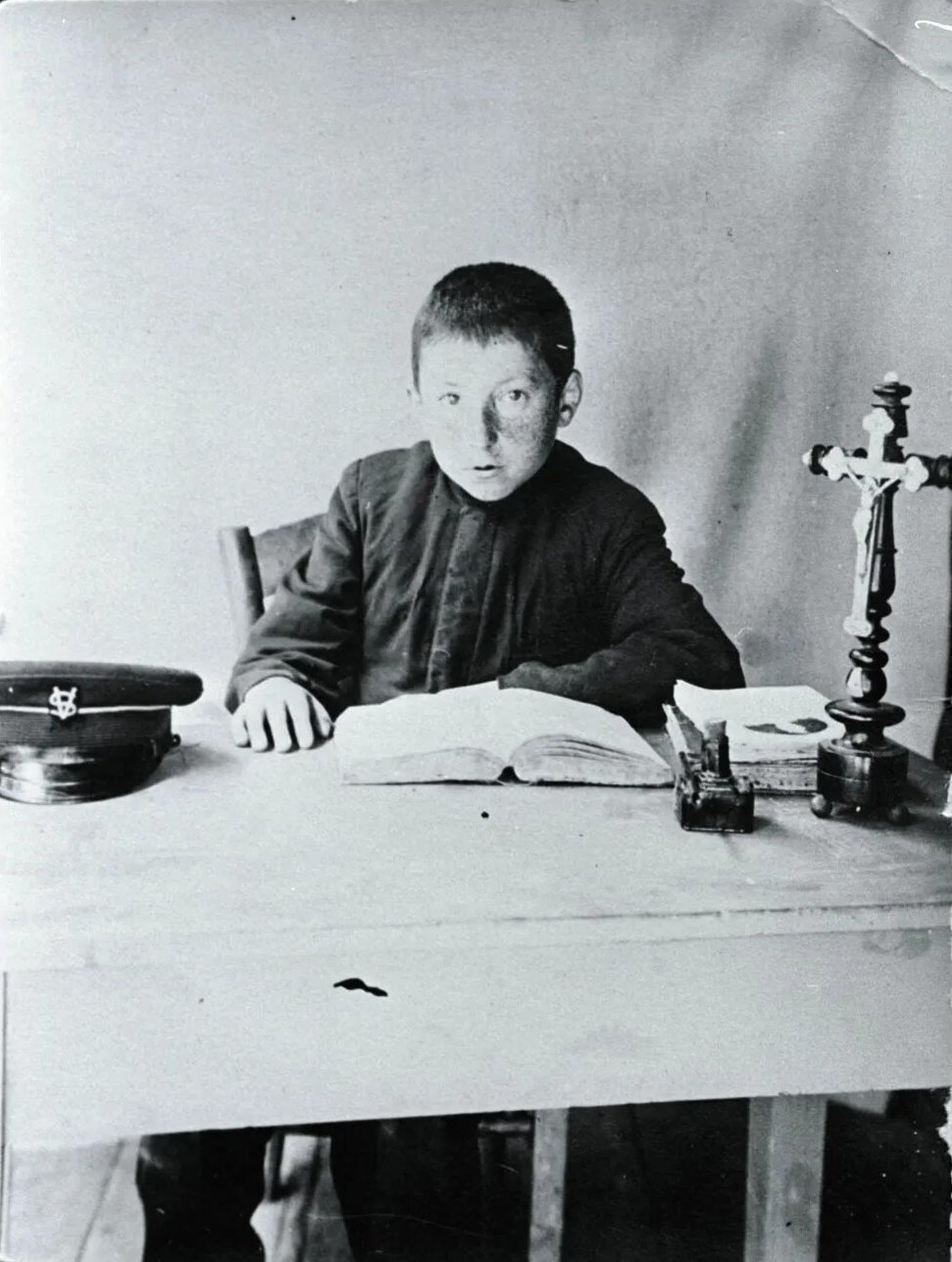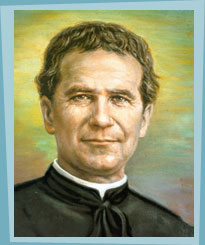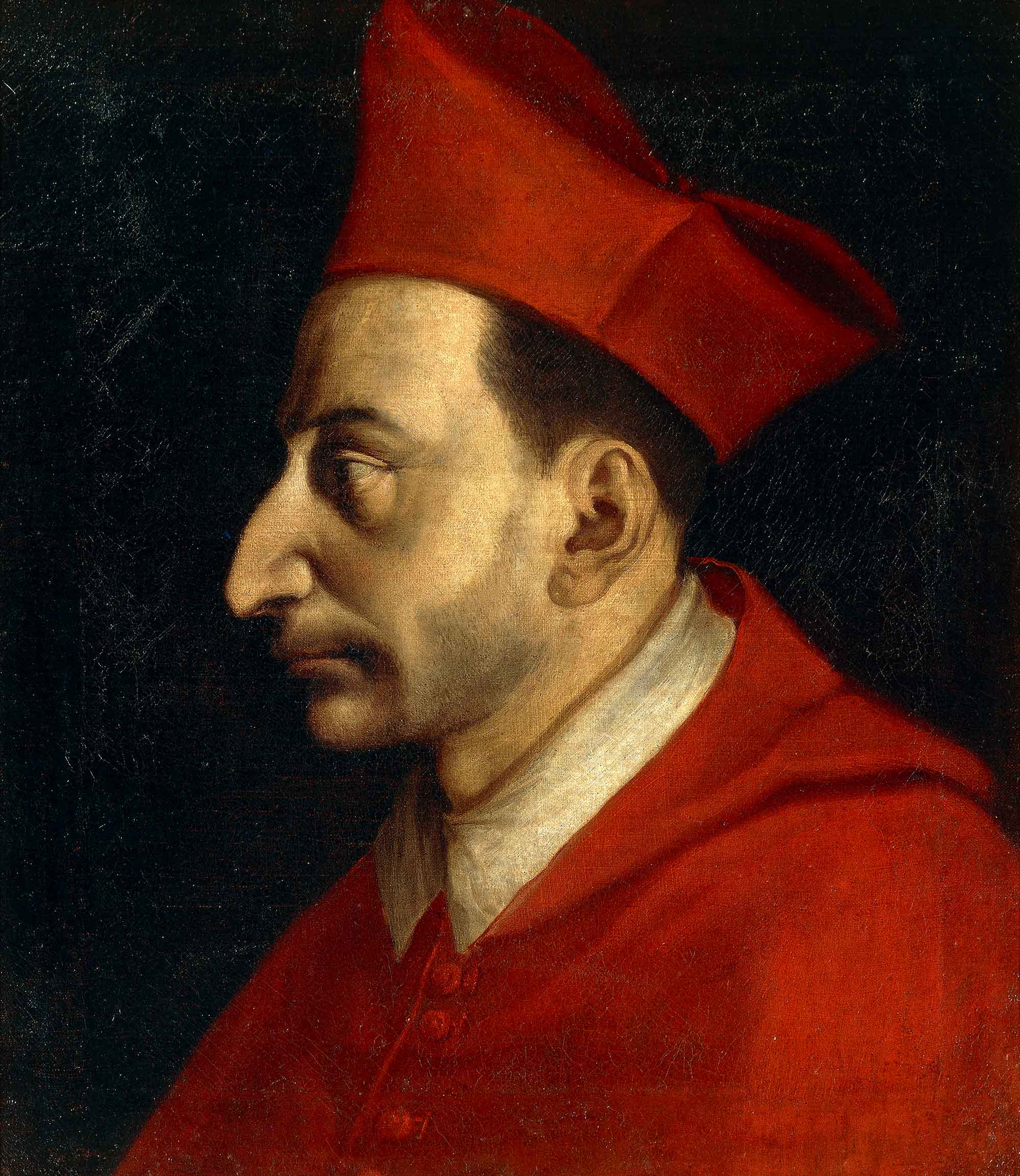|
Enrico Dal Covolo
Enrico dal Covolo SDB (born 5 October 1950) is a Catholic bishop and Italian theologian, Assessor of the Pontifical Committee for Historical Sciences from 15 January 2019. He previously served as the rector of the Pontifical Lateran University from his appointment on 30 June 2010 until 2 June 2018. In addition he was also the postulator of the cause of canonization of Pope John Paul I from 2003 until 2016. Biography Enrico dal Covolo was born in Feltre, Italy. He made his novitate at Albarè and took his first vows on 2 October 1973. He was ordained at age 29, in Milan, on 22 December 1979 as a Salesian of Don Bosco. In 1986, dal Covolo was transferred to the Vice Province of the Salesian Pontifical University in Rome and in the following years. Dal Covolo held a number of academic appointments: professor of ancient Christian literature and a specialist in the Fathers of the Church, dean of the faculty of Literature between 1993 and 2000, and between 2000 and 2003 Vice-Re ... [...More Info...] [...Related Items...] OR: [Wikipedia] [Google] [Baidu] |
The Most Reverend
The Most Reverend is a style applied to certain religious figures, primarily within the historic denominations of Christianity, but occasionally in some more modern traditions also. It is a variant of the more common style "The Reverend". Anglican In the Anglican Communion, the style is applied to archbishops (including those who, for historical reasons, bear an alternative title, such as presiding bishop), rather than the style "The Right Reverend" which is used by other bishops. "The Most Reverend" is used by both primates (the senior archbishop of each independent national or regional church) and metropolitan archbishops (as metropolitan of an ecclesiastical province within a national or regional church). Retired archbishops usually revert to being styled "The Right Reverend", although they may be appointed "archbishop emeritus" by their province on retirement, in which case they retain the title "archbishop" and the style "The Most Reverend", as a courtesy. Archbishop De ... [...More Info...] [...Related Items...] OR: [Wikipedia] [Google] [Baidu] |
Pope John Paul I
Pope John Paul I ( la, Ioannes Paulus I}; it, Giovanni Paolo I; born Albino Luciani ; 17 October 1912 – 28 September 1978) was head of the Catholic Church and sovereign of the Vatican City from 26 August 1978 to his death 33 days later. His reign is among the shortest in papal history, resulting in the most recent year of three popes and the first to occur since 1605. John Paul I remains the most recent Italian-born pope, the last in a succession of such popes that started with Clement VII in 1523. Before the papal conclave that elected him, he expressed his desire not to be elected, telling those close to him that he would decline the papacy if elected, but, upon the cardinals' electing him, he felt an obligation to say yes. He was the first pontiff to have a double name, choosing "John Paul" in honour of his two immediate predecessors, John XXIII and Paul VI. He explained that he was indebted to John XXIII and to Paul VI for naming him a bishop and a cardinal, respecti ... [...More Info...] [...Related Items...] OR: [Wikipedia] [Google] [Baidu] |
Redemptoris Mater Chapel
The Redemptoris Mater Chapel (Latin for ''Mother of the Redeemer'') formerly known as Matilde Chapel, is a Roman Catholic chapel located on the second floor of the Apostolic Palace in Vatican City. Located just outside the doors of the papal apartments, the chapel is notable for its various mosaics similar to early Byzantine religious artwork, and is reserved for the exclusive use of the Pope. The cost of renovation for the chapel itself was a gift from the College of Cardinals to commemorate the 50th anniversary of Pope John Paul II's sacerdotal ordination in 1996. The current Apostolic Preacher, Capuchin Friar Father Raniero Cantalamessa often presides over the homilies in the chapel, which was occasionally used by Pope Benedict XVI. History The chapel was first called the ''Matilde Chapel'' but was renamed by Pope John Paul II in 1987 for the Marian Year. The timing also coincided with the same year when the traditions of the Eastern Catholic Churches became more notable i ... [...More Info...] [...Related Items...] OR: [Wikipedia] [Google] [Baidu] |
Pope Benedict XVI
Pope Benedict XVI ( la, Benedictus XVI; it, Benedetto XVI; german: link=no, Benedikt XVI.; born Joseph Aloisius Ratzinger, , on 16 April 1927) is a retired prelate of the Catholic church who served as the head of the Church and the sovereign of the Vatican City State from 19 April 2005 until his resignation on 28 February 2013. Benedict's election as pope occurred in the 2005 papal conclave that followed the death of Pope John Paul II. Benedict has chosen to be known by the title " pope emeritus" upon his resignation. Ordained as a priest in 1951 in his native Bavaria, Ratzinger embarked on an academic career and established himself as a highly regarded theologian by the late 1950s. He was appointed a full professor in 1958 at the age of 31. After a long career as a professor of theology at several German universities, he was appointed Archbishop of Munich and Freising and created a cardinal by Pope Paul VI in 1977, an unusual promotion for someone with little pastoral ... [...More Info...] [...Related Items...] OR: [Wikipedia] [Google] [Baidu] |
Postulator General
A postulator is the person who guides a cause for beatification or canonization through the judicial processes required by the Roman Catholic Church. The qualifications, role and function of the postulator are spelled out in the ''Norms to be Observed in Inquiries made by Bishops in the Causes of Saints'', which has been in effect since 7 February 1983. A petitioner seeking the beatification may appoint as postulator anyone, cleric or not, who is an expert in theological, canonical and historical matters, and versed in the practice of the Congregation for the Causes of Saints, subject to the approval of the bishop. The major religious orders, such as the Franciscans, Dominicans and Jesuits, appoint members of their orders as postulators-general who are available to act for petitioners in causes and who develop reputations as experts in their field. The later stage of a cause requires the postulator to reside in Rome, which also favors the assignment of the postulator's role to such ... [...More Info...] [...Related Items...] OR: [Wikipedia] [Google] [Baidu] |
Rector Major Of The Salesians
The Rector Major of the Salesians (also known as successor of Don Bosco) is the head of all institutes of the Salesians of Don Bosco worldwide (over 130 countries and 15000 institutions). It is the title of a Catholic priest that is elected as the general superior of the religious institute Salesians of Don Bosco. He is also considered the successor of Saint John Bosco in the top guidance of his Salesian Order. The first general superior of the order was Don Bosco himself from 1874, the year that the order was officially created and its Salesian Constitutions approved by the Holy See, until his death in 1888. Since then, the Salesians have elected their Superior in the General Chapter for a period of six years. Between 1888 and 2014 there have been ten successors of Don Bosco, seven of them of Italians, Italian nationality, one Argentina, Argentine, one Mexican people, Mexican and one Spaniard. Following the Salesian tradition from their Italian origin, the Rector Major is addressed ... [...More Info...] [...Related Items...] OR: [Wikipedia] [Google] [Baidu] |
Congregation For The Clergy
The Dicastery for the Clergy, formerly named Congregation for the Clergy (; formerly the Sacred Congregation for the Clergy and Sacred Congregation of the Council), is the dicastery of the Roman Curia responsible for overseeing matters regarding priests and deacons not belonging to religious orders. The Congregation for the Clergy handles requests for dispensation from active priestly ministry, as well as the legislation governing presbyteral councils and other organisations of priests around the world. The Congregation does not deal with Roman Catholic sex abuse cases, clerical sexual abuse cases, as those are handled exclusively by the Congregation for the Doctrine of the Faith. History It was first set up as the by Pope Pius IV in the apostolic constitution ''Alias Nos'' of 2 August 1564 to oversee the proper application and observation of the disciplinary decrees of the Council of Trent throughout the Catholic Church. It was commonly known as the Sacred Congregation of th ... [...More Info...] [...Related Items...] OR: [Wikipedia] [Google] [Baidu] |
Congregation For The Doctrine Of The Faith
The Dicastery for the Doctrine of the Faith (DDF) is the oldest among the departments of the Roman Curia. Its seat is the Palace of the Holy Office in Rome. It was founded to defend the Catholic Church from heresy and is the body responsible for promulgating and defending Roman Catholic doctrine. Formerly known as the ''Supreme Sacred Congregation of the Roman and Universal Inquisition''; (1908 — 1965) the ''Supreme Sacred Congregation of the Holy Office''; and then until June 2022 the ''Congregation for the Doctrine of the Faith'' (''CDF''; la, Congregatio pro Doctrina Fidei). It is still informally known as the Holy Office in many Catholic countries. ( la, Sanctum Officium) Founded by Pope Paul III in 1542, the sole objective of the dicastery is to "spread sound Catholic doctrine and defend those points of Christian tradition which seem in danger because of new and unacceptable doctrines." Its headquarters are at the Palace of the Holy Office, just outside Vatican ... [...More Info...] [...Related Items...] OR: [Wikipedia] [Google] [Baidu] |
Rector (ecclesiastical)
A rector is, in an ecclesiastical sense, a cleric who functions as an administrative leader in some Christian denominations. In contrast, a vicar is also a cleric but functions as an assistant and representative of an administrative leader. Ancient usage In ancient times bishops, as rulers of cities and provinces, especially in the Papal States, were called rectors, as were administrators of the patrimony of the Church (e.g. '). The Latin term ' was used by Pope Gregory I in ''Regula Pastoralis'' as equivalent to the Latin term ' (shepherd). Roman Catholic Church In the Roman Catholic Church, a rector is a person who holds the ''office'' of presiding over an ecclesiastical institution. The institution may be a particular building—such as a Church (building), church (called his rectory church) or shrine—or it may be an organization, such as a parish, a mission or quasi-parish, a seminary or house of studies, a university, a hospital, or a community of clerics or r ... [...More Info...] [...Related Items...] OR: [Wikipedia] [Google] [Baidu] |
Dean (education)
Dean is a title employed in academic administrations such as colleges or universities for a person with significant authority over a specific academic unit, over a specific area of concern, or both. In the United States and Canada, deans are usually the head of each constituent college and school that make up a university. Deans are common in private preparatory schools, and occasionally found in middle schools and high schools as well. Origin A "dean" (Latin: '' decanus'') was originally the head of a group of ten soldiers or monks. Eventually an ecclesiastical dean became the head of a group of canons or other religious groups. When the universities grew out of the cathedral schools and monastic schools, the title of dean was used for officials with various administrative duties. Use Bulgaria and Romania In Bulgarian and Romanian universities, a dean is the head of a faculty, which may include several academic departments. Every faculty unit of university or academy. Th ... [...More Info...] [...Related Items...] OR: [Wikipedia] [Google] [Baidu] |
Church Fathers
The Church Fathers, Early Church Fathers, Christian Fathers, or Fathers of the Church were ancient and influential Christian theologians and writers who established the intellectual and doctrinal foundations of Christianity. The historical period in which they worked became known as the Patristic Era and spans approximately from the late 1st to mid-8th centuries, flourishing in particular during the 4th and 5th centuries, when Christianity was in the process of establishing itself as the state church of the Roman Empire. In traditional dogmatic theology, authors considered Church Fathers are treated as authoritative, and a somewhat restrictive definition is used. The academic field of patristics, the study of the Church Fathers, has extended the scope of the term, and there is no definitive list. Some, such as Origen and Tertullian, made major contributions to the development of later Christian theology, but certain elements of their teaching were later condemned. Great Fa ... [...More Info...] [...Related Items...] OR: [Wikipedia] [Google] [Baidu] |






